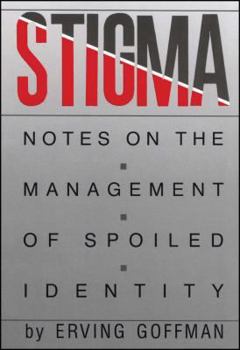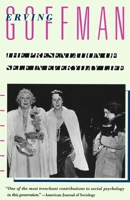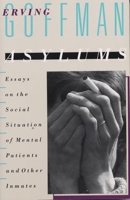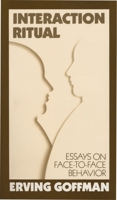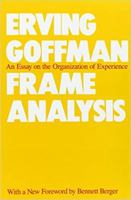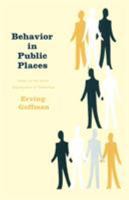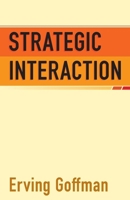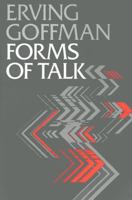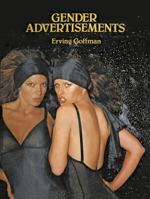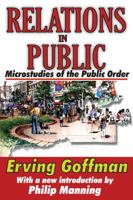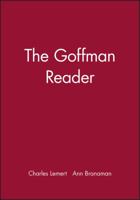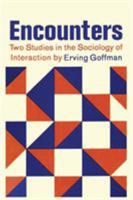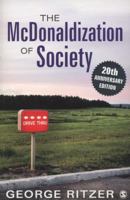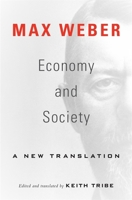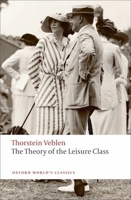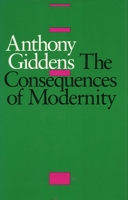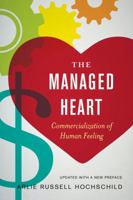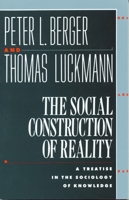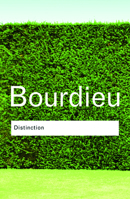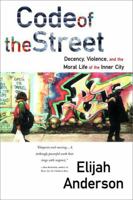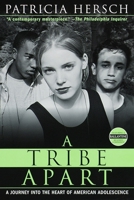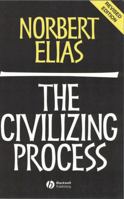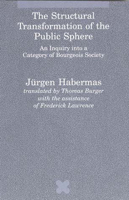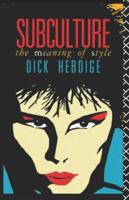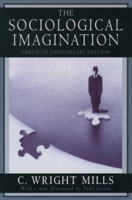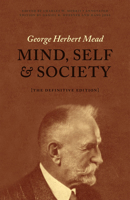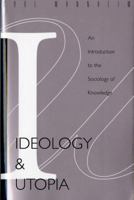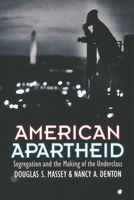Stigma: Notes on the Management of Spoiled Identity
You Might Also Enjoy
Customer Reviews
Rated 5 starsA Sociological Classic
A sociological classic. The author shows stigma through the normal lens of everyday living and extends to the extreme. Most sociologist just summaries their theory either at the end and beginning of the book and then stuff their chapters with useless information hoping the reader will connect the information. Goffman, however, does it. He continues his theorizing from the first page until the end, being very comprehensive...
0Report
Rated 5 starsA Classic that is more relevant than ever
Although this is a slim book it is more rich in detail and insight than many texts twice its size. Goffman is both a genius and a brilliant writer. His theory is clearly elucidated throughout the text by real life anecdotes. The book opens with a letter to a "lonelyhearts" column from a girl "born without a nose" which concludes "Ought I commit suicide?" This sets the tone for a book that pulls no punches and comprehensively...
0Report
Rated 5 starsStigmatization and impression managment.
In Stigma, Goffman classifies two different types of persons. the discredited and the discreditable. The Discredited are those whose stigma is known by the "normals," and the Discreditable are those whose stigma is not yet know but rather balancing in a precarious situation. The discredited are concerned with "managing tension"; that which is brought about by the stigma.Conversely, the discreditable are concerned with "managing...
0Report
Rated 5 starsSocial rules identified most strongly when they are broken
This text was assigned reading in a Psych101 back in 1970, but its themes have stayed with me so strongly I am now ordering it for my personal library. I was born with a club foot, and experienced the power of being different, even though my personal defect was so minor as to be rarely noticed by others. STIGMA gave me an appreciation of the force behind my own shame and the reaction to my difference of others. More...
0Report
Rated 5 starsA life saving book for me
I happened upon Stigma in the Tufts University Library on a Saturday afternoon in 1968 while I was looking for something else. I took it down from the shelf, read a paragraph, and then knelt between the stacks to read it straight through - hurrying, shaking a little from fear that someone might come along to stop me, forbid me the book. Or that I might lose my courage, or my sense of identification, and revert to thinking...
0Report











